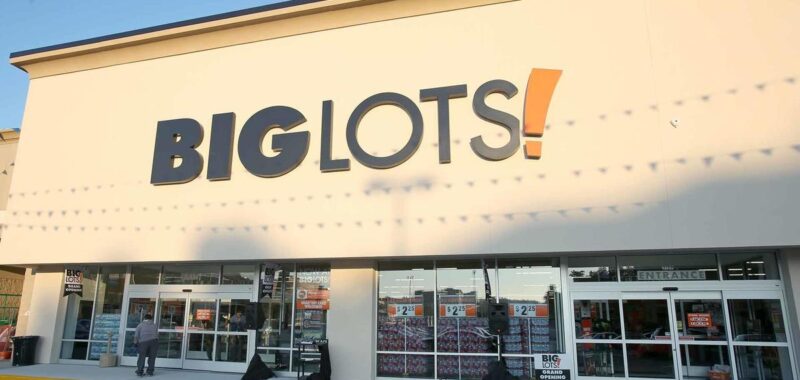Big Lots said Monday that it has filed for Chapter 11 bankruptcy protection from its debts, with the discount retailer citing inflation and high interest rates for hurting its business.
The Columbus, Ohio-based company said it intends to sell its assets and what remains of its business to private equity firm Nexus Capital Management. The bankruptcy filing comes a month after Big Lots said it would close as many as 315 stores nationwide, with additional closures coming.
“Though the majority of our store locations are profitable, we intend to move forward with a more focused footprint,” Bruce Thorn, the retailer’s president and CEO, said in a statement.
The retailer’s core customers have cut their discretionary spending on home and seasonal products, which make up a large portion of Big Lots’ revenue, the company noted.
Bankruptcy seemed inevitable for the chain, which has posted 16 consecutive quarters of comparable sales declines, according to Neil Saunders, managing director of GlobalData. But he rejected the notion that the retailer’s troubles are entirely due to a challenging economic backdrop.
Big Lots is not always good value for money. Many of the items it sells are not high end are not drastically expensive, but equivalents can often be found much cheaper at other stores, including Walmart,” the analyst noted.
Another issue plaguing Big Lots is its “very jumbled and muddled” product mix, which puts off consumers and hurts the shopping experience, Saunders added. But bankruptcy will give the retailer a chance to restructure its $573 million in long-term debt and increasing interest payments, offering “certainty that the chain will survive in some form,” he said.
Big Lots has secured commitments for $707.5 million of financing, including $35 million in new funding from some of its current lenders. If approved by the bankruptcy court, the financing is expected to provide sufficient liquidity to support the company while it works to complete the sale to Nexus Capital.
The chain has also received a delisting notice from the New York Stock Exchange because the average closing price of its shares was below $1 over a consecutive 30 trading-day period. The notice doesn’t mean that Big Lots’ stock will be immediately delisted as the company can appeal.
—The Associated Press contributed to this report.

